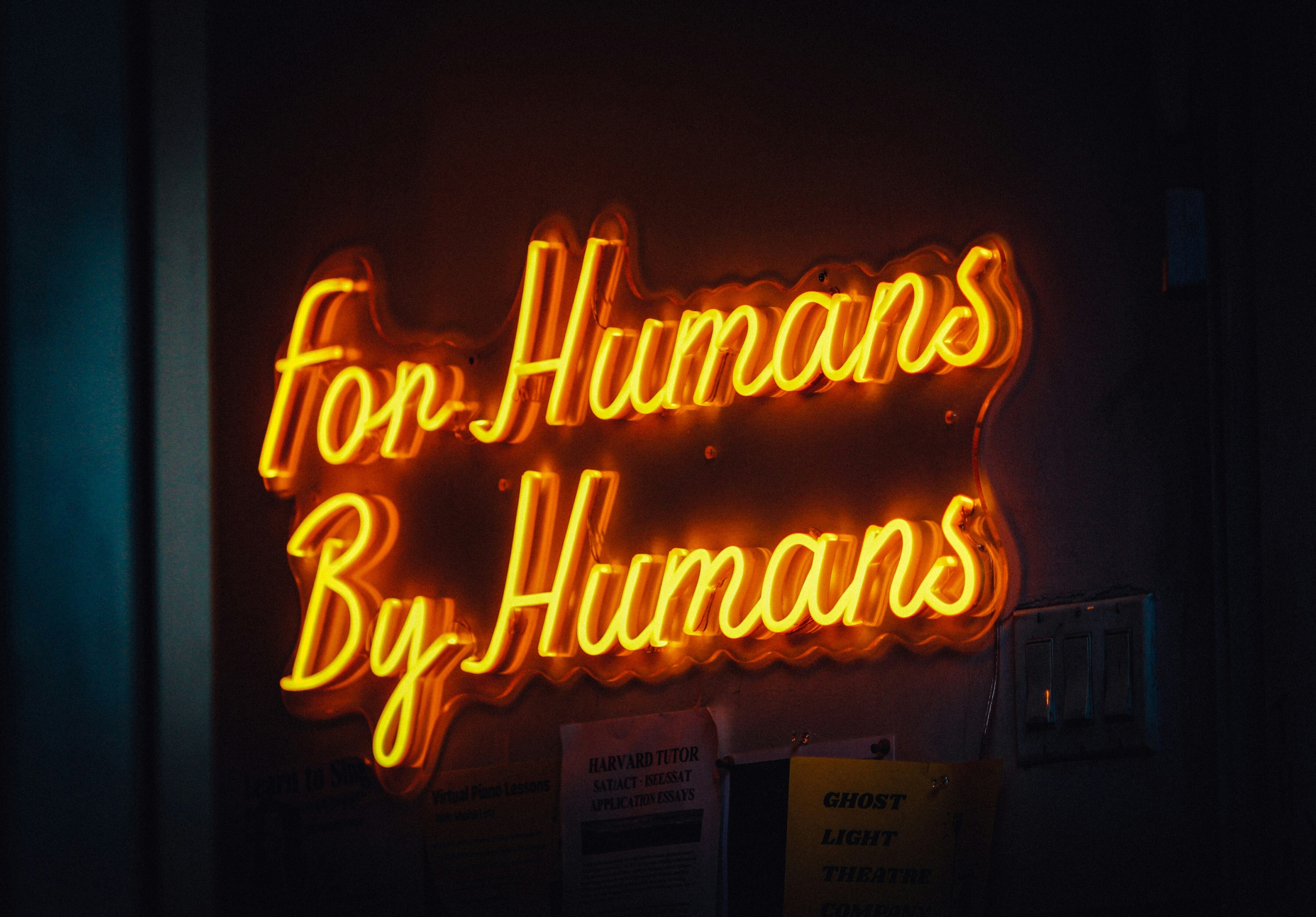Five ways success will look different by 2020
Stay up to date:
Hyperconnectivity
What does it mean to be successful? The answer used to be obvious: a regular paycheck from a reputable employer.
But rapid social and technological change hasn’t just disrupted industry, it has also disrupted our definition of what a meaningful and successful professional life looks like. Here are five ways we’re likely to view the working world differently by the end of this decade.
Alternative education pathways will become increasingly acceptable
We’re still impressed with success stories such as those of the New York teen who became a media phenomenon when he was accepted to all eight Ivy League colleges.
But opting out of the traditional route is becoming increasingly acceptable, with alternatives such as the Thiel Fellowship, which pays promising students not to go to college, and Massive Open Online Courses (MOOCs).
Even Harvard Business School recently launched an online offering aimed at teaching business basics to undergraduates and recent grads. By 2020, there will no longer be one right way to attain educational success; it will look more like a smorgasbord, with a variety of paths to get there.
Our relationship with employers will change
Brands matter, as researchers Matthew Bidwell et al showed in their study I used to work at Goldman Sachs! How firms benefit from organizational status in the market for human capital.
Working for a well-known company early in one’s career can be a powerful way to show your credibility, since successful candidates were presumably vetted carefully. Thus, it’s likely that employees will still fight hard to win coveted slots early in their careers.
But the advantage of being linked to a high-profile company has less branding advantage over time, meaning that some employees will look for other opportunities, whether with start-ups or elsewhere.
Combine this with a trend towards working freelance – an Intuit study predicts an astounding 40% of US workers will be freelancers, temps or contractors by 2020 – and we’re likely to see more loose arrangements and affiliations, rather than traditional employer-employee relationships.
Leverage matters
Starting in the 1970s and accelerating to the present day, there has been a dramatic power shift in which talent, when combined with leverage, can demand and receive vast rewards, a phenomenon discussed by theorists like Roger Martin of the Rotman School of Management and popularized by Malcolm Gladwell.
A college professor who teaches 20 students can only command a certain salary, but one who teaches 200,000 in a MOOC could potentially become extraordinarily wealthy – just as a minor-league baseball player earns a subsistence living while his major league peer, broadcast around the world to millions, benefits from the power of scale.
A major change in the definition of success will be: how much leverage do you have? Whether it’s measured in the number of Twitter followers or blog readers or downloads of your TED talk, the ability to reach more people – only recently possible in the internet era – will become a crucial metric.
Social impact is essential
In the past, a commitment to social change was regarded as “nice to have”. But for the rising millennial workforce, it’s mandatory. A recent Deloitte study about millennials showed that 50% specifically want to work for a company with ethical business practices, and close to or more than half want companies to do more to address issues such as resource scarcity, climate change and income inequality.
It seems clear that the new vision of success will include the ability to work for, or with, a company that is making a positive difference in society.
A future without boundaries
In the 1990s, Jack Welch famously pushed General Electric to become a “boundaryless” organization, obliterating insular business practices and enabling the entire company to work together in a holistic way.
By 2020, professional success is likely to look boundaryless, as well. Large companies that employ frequent travellers (such as consulting firms) have long opened their doors to visiting employees from other home offices. But the dramatic rise of independent coworking spaces – a programme called Coworking Visa has more than 450 locations in over 50 countries – enables individual professionals to be mobile and collaborative in a way that wasn’t possible before.
Leanne Pittsford, a social entrepreneur who organized a conference at which I recently spoke, uses “sharing economy” sites like Airbnb to facilitate a bi-coastal lifestyle in New York and San Francisco, with lengthy stints in Berlin and Buenos Aires. In a world where international experience is increasingly necessary – in one study, 72% of respondents said their employers viewed it as important or very important – creating your own worldwide connections and portfolio is the mark of today’s successful professionals.
The economy is changing, and that means our vision of success should as well. By 2020, the changes wrought by the internet and globalization will have fundamentally reshaped how we view our careers, and the meaning we derive from them.
Author: Dorie Clark is a marketing strategist who teaches for Duke University’s Fuqua School of Business and IE Business School in Madrid. She is the author of Reinventing You: Define Your Brand, Imagine Your Future.
Image: An investor looks at a screen displaying stock information at a brokerage house in Taiyuan, Shanxi province August 14, 2009. REUTERS/Stringer
Don't miss any update on this topic
Create a free account and access your personalized content collection with our latest publications and analyses.
License and Republishing
World Economic Forum articles may be republished in accordance with the Creative Commons Attribution-NonCommercial-NoDerivatives 4.0 International Public License, and in accordance with our Terms of Use.
The views expressed in this article are those of the author alone and not the World Economic Forum.
Related topics:
Forum Stories newsletter
Bringing you weekly curated insights and analysis on the global issues that matter.
More on Education and SkillsSee all
Laurel Taylor
August 18, 2025
Antara Choudhury and Vivin Rajasekharan Nair
August 14, 2025
Rawan bint Najeeb Tawfeeqi
August 11, 2025
Neeti Mehta Shukla
August 1, 2025
Naoko Tochibayashi
July 30, 2025
Lisa Bechtold
July 29, 2025





